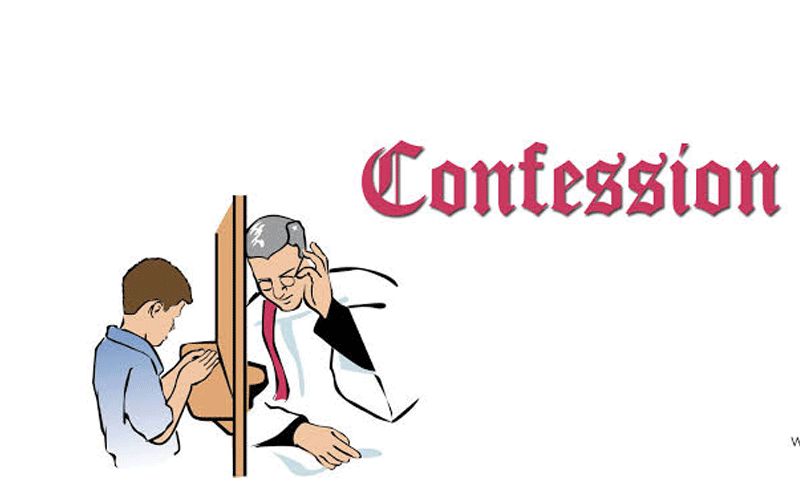Accra, 04 April, 2020 / 6:53 am (ACI Africa).
As Catholics in many parts of the world keep away from gatherings including places of worship as a way to curb the spread of COVID-19, a Ghanaian Prelate has, in response to a question raised regarding Confession, explained why the Sacrament of Penance cannot be offered through electronic means.
“There are no sacraments on the internet. And even the religious experiences possible there by the grace of God are insufficient apart from real-world interaction with other persons of faith,” Bishop Joseph Osei-Bonsu stated in his response to a lay Catholic faithful who sought to find out whether electronic devices were an alternative to face to face interaction with a priest during confession.
The Ghanaian Bishop added, “Personal confession is thus the form most expressive of reconciliation with God and with the Church. It is important for the penitent to accuse himself of sins in the presence of the minister of the Church acting in the person of Christ who is judge. There is the personal nature of the encounter with the Lord who is Mercy itself.”
He was responding to the inquiry made by Christian Dugan on a Whatsapp group created by the Bishop to answer questions on spiritual matters. Christian had asked, “Does one have to go to confession face to face with a priest or can it be done remotely, say via the phone?”
According to the 72-year-old Prelate, “the sacrament of confession is a personal encounter with Jesus in which he personally addresses every sinner when He says, 'My son, your sins are forgiven'. He is the physician tending each one of the sick who need him to cure them.”








